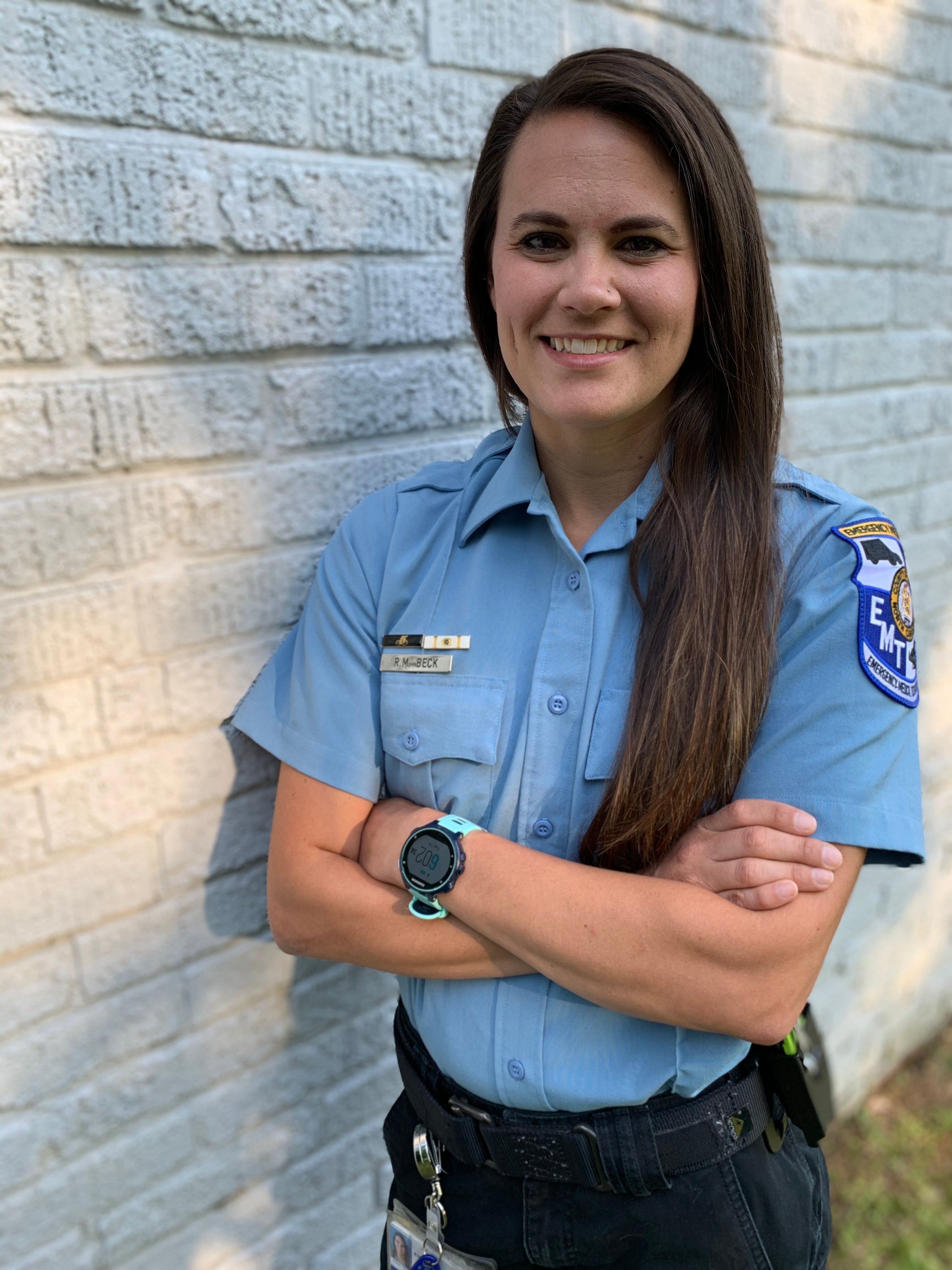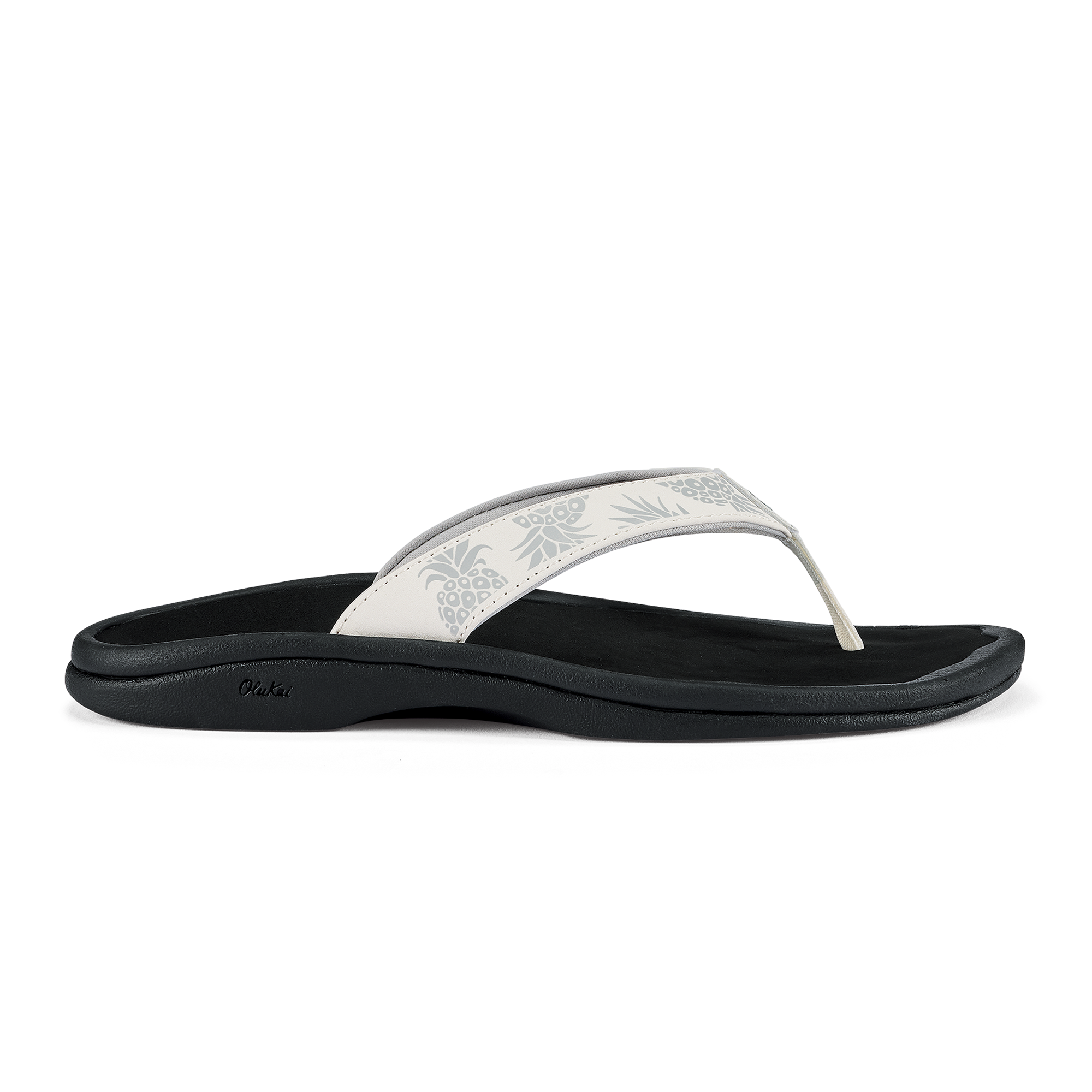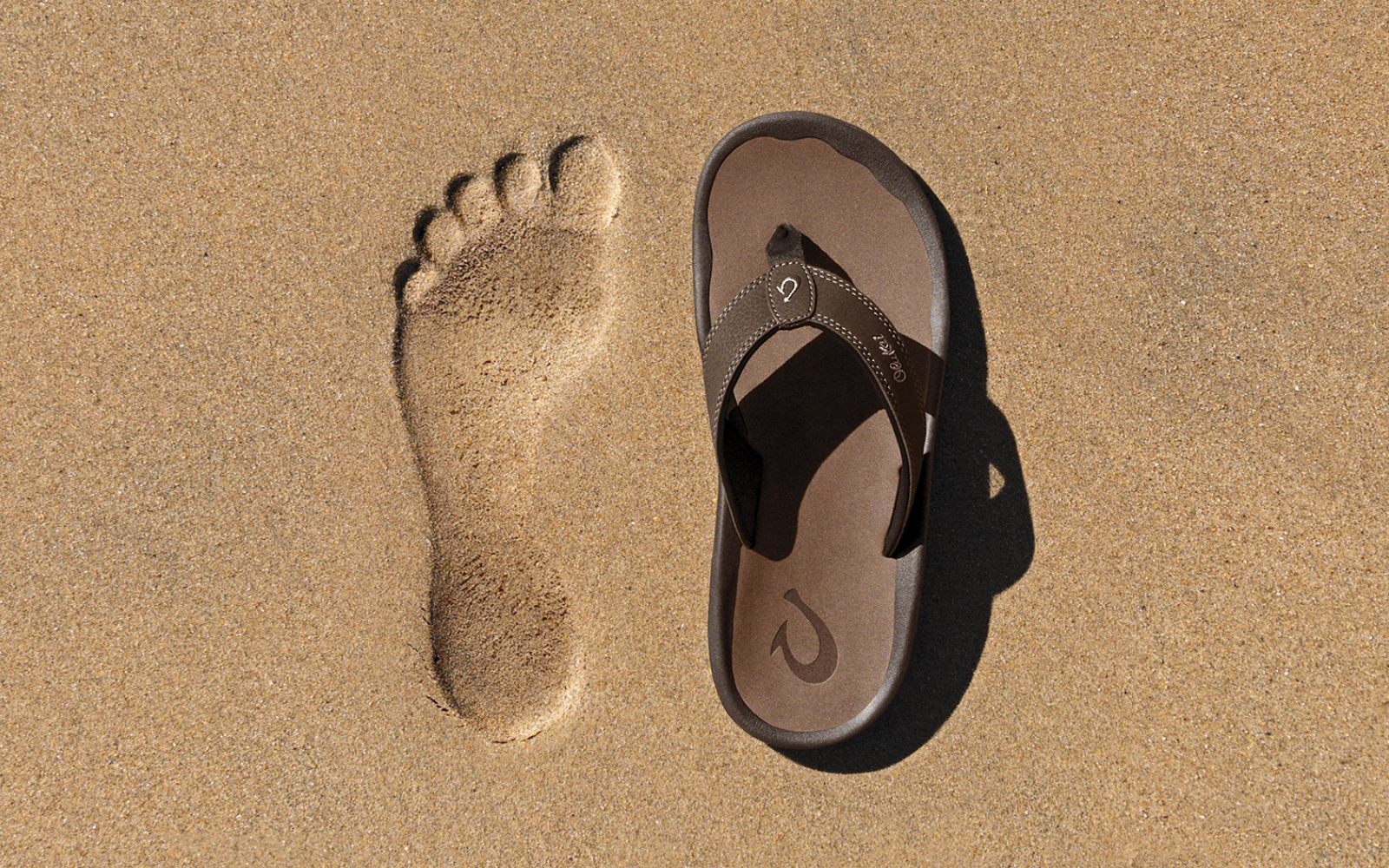The first week of April, something inspiring happened. We put up a post that received thousands of responses and messages of hope and aloha, and many heartfelt accounts of what is happening on the front lines as our ‘ohana is struggling through this worldwide pandemic. That day, we gave away shoes to the heroes in our communities, and we want to share some of those stories with you as we continue to send a big mahalo to those who are taking care of us all.
As an EMT in North Carolina, Rachel B. has been tirelessly working night shifts in her county to respond to countless calls from those affected by COVID-19. She never imagined that all of the changes that she's had to make to adapt to COVID-19 would become her new norm, but her heroic and fearless nature, and her dedication to helping those in need has kept her fighting at the front lines for her community. Here is her story:
"It's 5:25pm, and I've spent the day with my two year old son and my husband who is working from home due to COVID-19. The second part of my day is about to start, and after a quick dinner of chili, I get dressed in my uniform. For me, it's a changing of mindset; putting on the blue shirt and black pants, filling my pockets with tools I might need for my shift - a pair of shears, a pen, my ID badge, and the newest addition - an N95 mask. It's also a feeling of anxiety - never knowing what the night will bring, what patients I'll come in contact with, what I might be exposed to. Kissing my family goodbye, I drive the 2 minutes it takes me to get to the EMS station I'm based at, where tonight I'm riding with my usual partner. I'm an Emergency Medical Technician working for our county, one of the largest and most highly regarded EMS services in the state of North Carolina. I'm paired with a Paramedic on the ambulance, working 7pm-7am, the night shift. I arrive at 6:30 pm on the dot, and after receiving report from the off-coming day crew, my partner and I set about wiping down the entire truck with bleach wipes to start the shift off with a clean truck.
At 7:35, the radios tone out, and the dispatcher calls out "Medic 222". That's us, and it's a call for a Sick Person, which seems to be the most common these days. We jump in the ambulance, racing lights and sirens to the scene as we try to glean what little information is given to us over our computer. It's a homeless woman, dressed in a hot pink shirt, hunched over and obviously sick. She's had a fever for 3 days, and is vomiting with a sore throat: COVID-19 symptoms. We put on our Personal Protective Equipment before stepping out - gloves, masks, and eye protection. Our system is lucky in regards to PPE. I've heard the stories of healthcare workers in other parts of the country who are having to use homemade masks, or plastic bags as gowns, and I'm grateful our service's supply seems to be sustaining. It is required to reuse masks whenever possible, and we wear a simple surgical mask unless performing an aerosolizing procedure, which means tiny virus-filled particles are sprayed into the air. In those situations, we kick into full gear, which adds a gown, N95 mask, and face shield. I never imagined a time where each employee would be given a brown paper bag to carry used masks in, but it's a reality for us now.
It's a busy night for the county, and call after call comes in. They seem to be repeating the same things in different ways: fever, shortness of breath, difficulty breathing, vomiting. It's a different patient every time, but the night goes by in the same way. PPE on, patient assessment and treatment, transport to the hospital, then a thorough decontamination of the ambulance and equipment after every call. Every surface is sprayed, wiped, and cleaned, but it is still hard not to feel worried about what might be lying somewhere. It is presumed every single patient is COVID-positive, but most we will never know for sure. This virus has thoroughly transformed the stakes of the job. EMTs and paramedics are trained to respond to emergencies such as vehicle accidents, cardiac arrests, and gunshot wounds. We head fearlessly into the catastrophe, a job that most people couldn't imagine doing. I'm proud of my job, proud to help our community on their worst days. But this is different. We are the first line of defense against this virus, and I do feel like I'm putting my life at risk to fight something. Yes, we signed up for this job, but that doesn't make the anxiety of every shift disappear-the fear I have of getting sick, or making my family sick. We're prepared for emergencies, but emergencies don't usually last this long. This is every day, every shift. And so tomorrow, we will do this all again. We will continue until this has all passed - diligent in our duty to respond when citizens call, fighting a global pandemic that no one was prepared for. And we will stand proudly on the other side knowing we gave our best to defeat it."





























